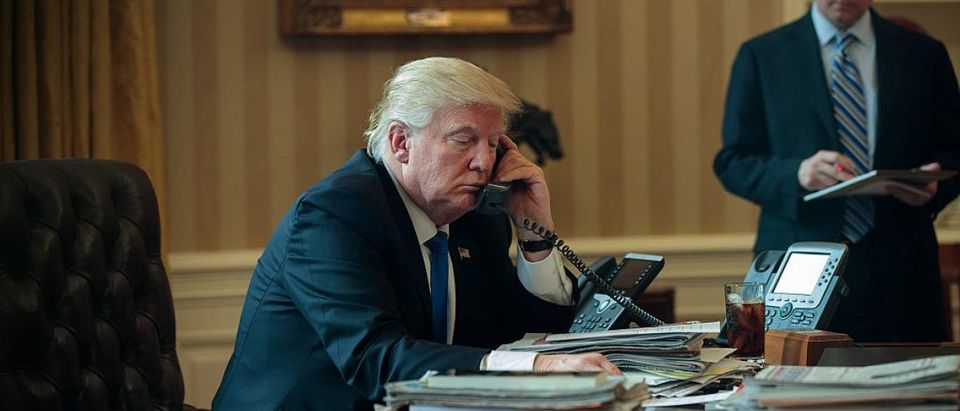The U.S. Foreign Intelligence Surveillance Act Court (FISA) rejected only 12 of 38,169 requests for surveillance warrants between 1979 and 2015.
This means that about 99.7 percent of warrant requests have been approved in the 36 years since FISA’s inception. The last time a warrant was rejected was in 2009, when two requests were rejected and 1,320 were approved.
President Donald Trump alleged Saturday that former President Barack Obama ordered wiretapping on his phones at Trump Tower during the campaign. This sort of request, if it was made, would have most likely gone through the FISA court.
Monday morning, Republican South Carolina Rep. Trey Gowdy discussed these allegations on Fox News, saying that there are two ways a citizen’s electronic communications can be intercepted: via a FISA court or a criminal inquiry.
“The good news about both of those … is there’s a paper trail. There’s an application. There are warrants, all of which can be reviewed,” Gowdy said.
In order for the FISA court to approve a warrant request, there must be probable cause. If approved, a FISA warrant can last for an amount of time determined by the court, often ranging from three months to a year.
The court is meant to be a covert one and is located in a windowless room within the U.S. District Court in Washington, D.C. It is made up of 11 judges who serve seven-year terms. An approved FISA warrant can allow U.S. intelligence agencies to conduct wiretapping, monitoring and data gathering.
The incredibly small number of rejected warrant requests showcases how the FISA court is regarded as nothing more than a rubber stamp for domestic intelligence gathering by agencies like the NSA.


